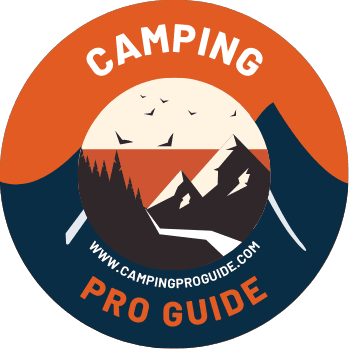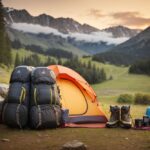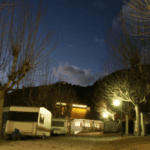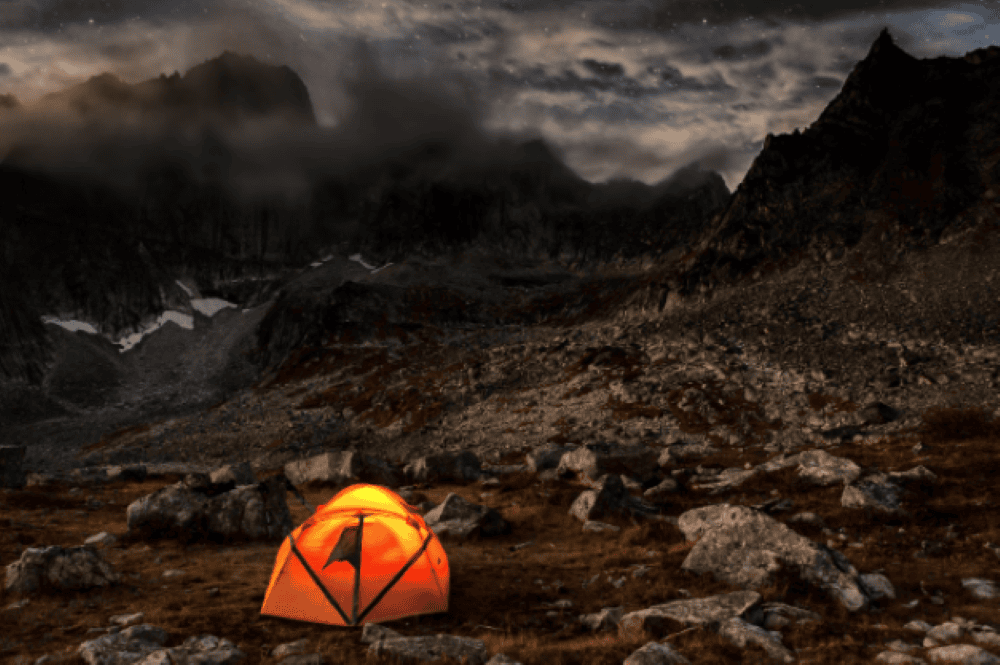
Embarking on a camping trip is a thrilling experience that brings you closer to nature. However, it’s crucial to be aware of safety measures to ensure your adventure is both enjoyable and secure. Whether you’re a seasoned camper or a beginner, these essential camping safety tips will help you prepare for any potential hazards and make the most of your time outdoors.
1. Plan Your Route
Before heading out, thoroughly research your camping destination. Familiarize yourself with the trails, terrain, and weather conditions. Inform someone you trust about your trip details, including your expected return date. This way, in case of emergencies, help can be sent your way promptly.
2. Pack a First-Aid Kit
A well-stocked first-aid kit is a must-have for any camping trip. Include bandages, antiseptics, pain relievers, tweezers, and any personal medications. Having these essentials on hand can make a significant difference in managing injuries or illnesses while in the wild.
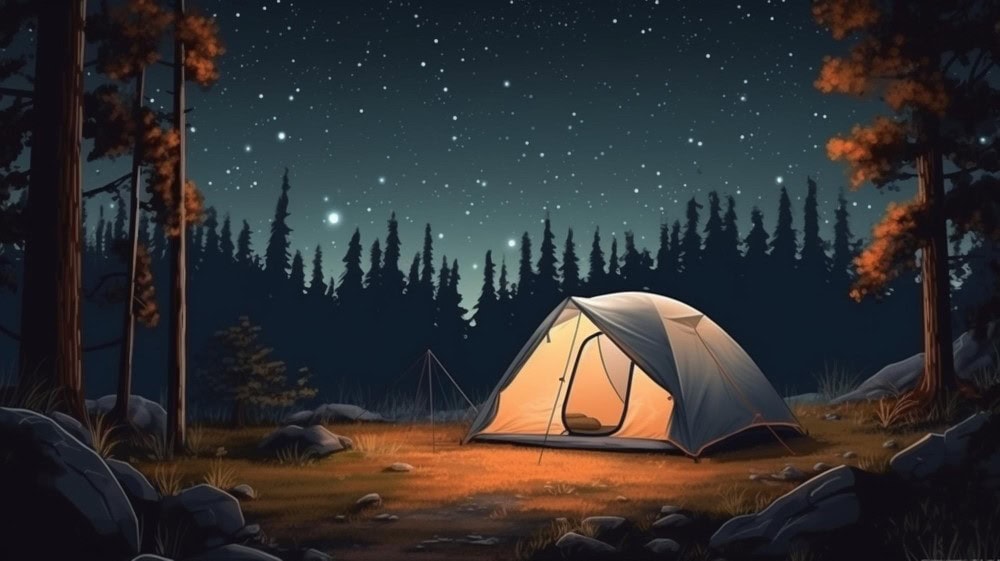
3. Be Bear Aware
If you’re camping in bear country, take precautions to avoid encounters. Store food in bear-proof containers, away from your sleeping area, and never leave food scraps around. Knowing how to react if you encounter a bear is crucial for your safety.
4. Stay Hydrated
Dehydration is a common issue during camping trips. Ensure you have enough clean water or the means to purify natural water sources. Drinking regularly, even when you’re not thirsty, will help maintain your energy levels and overall well-being.
5. Fire Safety
Campfires are an essential part of the camping experience, but they can also be dangerous if not handled properly. Always build your fire in designated areas, keep it small, and never leave it unattended. Fully extinguish the fire before leaving the site or going to bed.
6. Use Bug Repellent
Insects can be more than just a nuisance; they can carry diseases. Use a good quality bug repellent to protect yourself from bites and consider wearing long sleeves and pants during peak insect activity times, such as dusk and dawn.
7. Check the Weather
Weather conditions can change rapidly in the wilderness. Check the forecast before your trip and stay informed throughout your stay. Be prepared for unexpected weather changes by packing appropriate gear, such as rain jackets or extra blankets.
8. Know Your Limits
It’s easy to overestimate your abilities when surrounded by nature’s beauty. Whether it’s a challenging hike or enduring the elements, always recognize your physical limits. Pushing yourself too hard can lead to accidents or injuries.
9. Food Safety
Improper food handling can lead to foodborne illnesses, which are particularly dangerous when far from medical help. Store food properly, cook it thoroughly, and dispose of waste in sealed bags to avoid attracting wildlife.
10. Leave No Trace
Preserving the environment is a vital part of camping. Follow the principles of “Leave No Trace” by minimizing your impact on nature. Pack out all trash, avoid disturbing wildlife, and leave the campsite as you found it.
Camping is a wonderful way to connect with nature, but safety should always be your top priority. By following these 10 essential camping safety tips, you’ll be well-prepared to enjoy a safe and memorable outdoor adventure. Remember, a well-planned trip is a successful one!
